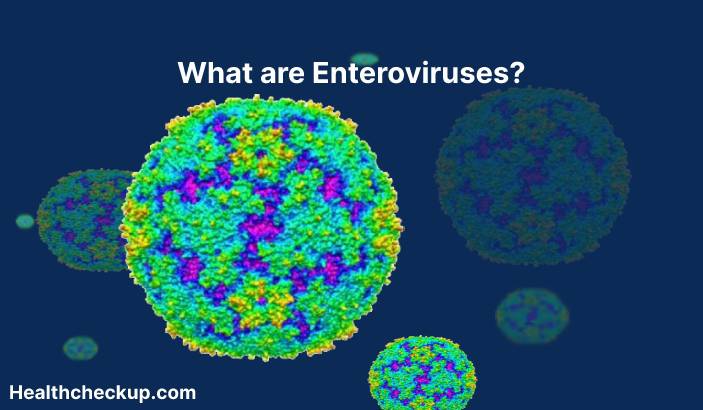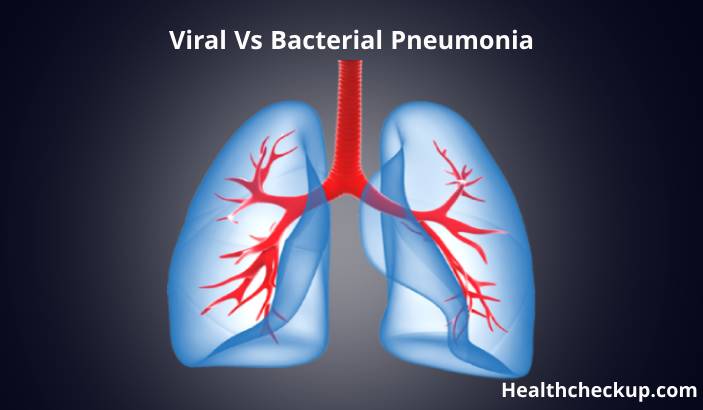Enteroviruses are a group of viruses that can cause a wide range of illnesses, including the common cold, meningitis, and hand, foot, and mouth disease. Enteroviruses are transmitted through close contact with an infected person, through contact with contaminated objects or surfaces, or through inhalation of respiratory secretions. Enterovirus infections can range from mild to severe and can affect people of all ages.
Symptoms of enterovirus infection
Symptoms of enterovirus infection vary depending on the type of virus and the severity of the infection, but include:
- Fever
- Runny nose
- Cough
- Sore throat
- Rash
- Blisters on the hands, feet, and mouth
- Body aches
- Headache
- Vomiting
- Diarrhea
In severe cases, enterovirus infections lead to complications, such as meningitis, encephalitis, and respiratory failure.
Diagnosis of enterovirus infection
Enterovirus infection is typically diagnosed based on the presence of characteristic symptoms and a history of exposure to an infected person or contaminated objects or surfaces. Laboratory testing, such as a viral culture or PCR test, is also used to confirm the diagnosis.
Treatment of enterovirus infection
There is no specific treatment for enterovirus infection. Treatment is typically supportive and includes measures to manage symptoms and prevent complications, such as medications to reduce fever and pain and fluids to prevent dehydration. In severe cases, supportive care, such as oxygen therapy or ventilation is needed.
Prevention of enterovirus infection
There are several steps that can help to reduce the risk of enterovirus infection, including:
- Practicing good hygiene: Washing hands with soap and water, particularly after using the bathroom and before preparing food, can help to reduce the risk of infection.
- Avoiding close contact with infected individuals: It is important to avoid close contact with individuals who are experiencing symptoms of an enterovirus infection or who have been exposed to the virus.
- Disinfecting surfaces and objects: It is important to regularly disinfect surfaces and objects, such as toys and doorknobs, to reduce the risk of transmission.
- Receiving a vaccine: Some enteroviruses, such as poliovirus and hepatitis A, can be prevented with a vaccine.
It is also important to follow guidelines from public health authorities and to seek medical attention if you develop symptoms of an enterovirus infection. Early diagnosis and treatment helps to prevent complications.









